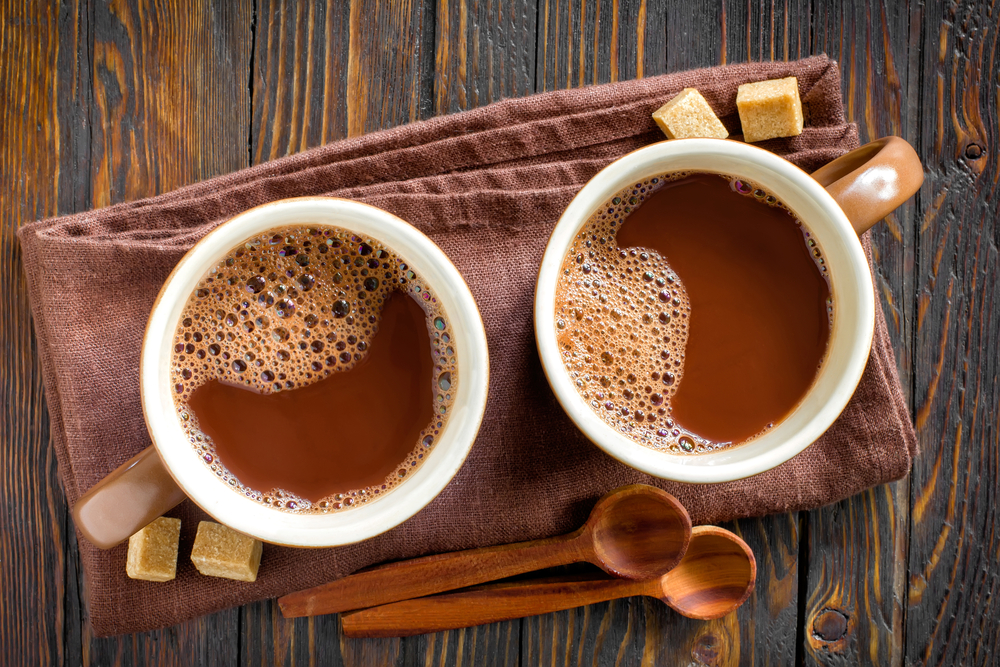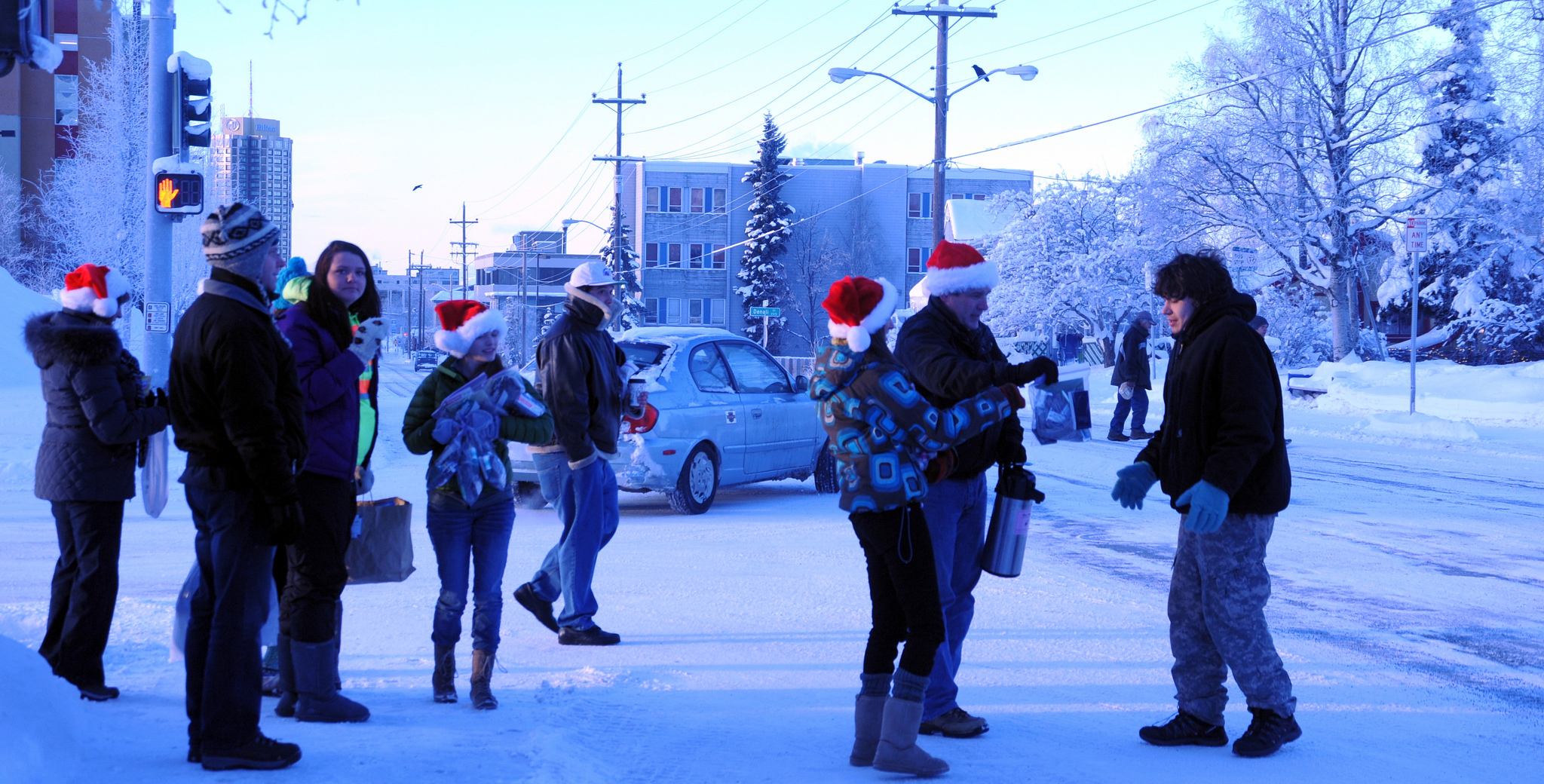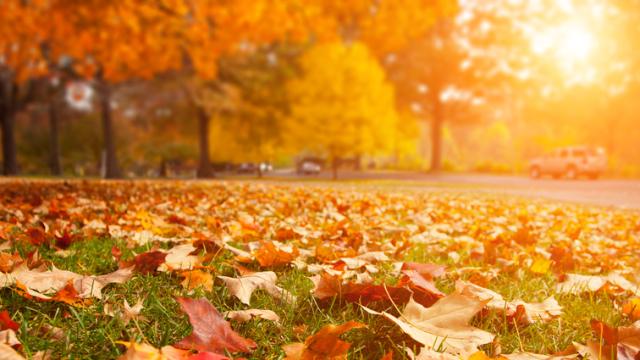Flowers may be spring’s hallmark, but humans can also smell the change of seasons. What exactly is that familiar scent that lets us know it’s a new time of year? Turns out, it’s a lot more complicated than wood smoke and pumpkin spice lattes.
Most familiar aromas are a concoction of many different odiferous molecules. The scent of a rose, for instance, is composed of hundreds of volatile compounds. Eau de fresh pumpkin is a much simpler affair, consisting of just six short-chain carbon molecules. These include diacetyl — the flavour behind movie theatre popcorn — and pyridine, a common laboratory solvent. The smell after rain? Mainly ozone, geosmin (a chemical excreted by soil bacteria), and plant oils.
Aroma chemistry is complex enough, but human beings make matters even more confusing by muddling olfaction with other sensory perceptions. “Scent is a confluence of what we are seeing, hearing, and feeling, emotionally and physically,” Rachel Herz, an expert on the psychology of smell, told Radiolab. The “smell” of your grandmother, for instance, could be a mixture of perfumes she wore, dishes she cooked, and other auditory and visual clues that trigger memories of her.

The foods and drinks we associate with seasons are part of their “smell”. Image Credit: Shutterstock
What about the familiar autumn smell your nose detects around the March? This olfactory perception is also triggered by a multitude of factors.
Temperature is a big one. The warmer and more humid the air is, the more aromatic molecules it can hold and the more quickly those molecules move around. (That’s why a hot pile of garbage is much stinkier than a cold one, and why cookies fresh out of the oven smell irresistible.) On a cold, crisp day, there are simply fewer smells to smell.
“Day in, day out, we smell the same things, then we wake up one morning, and it smells like “fall” now,” Herz said. “The temperature and humidity has dropped and the city smells less intense. [In a way], we are more change detectors than anything else.”
The collection of smells in the air also changes with the seasons. If you live in a city, summer may smell of gasoline and hot, smoky street food. As soon as the temperature drops, these scents become less intense, while others — the odor of decaying leaves, or overripe fruit — may start to pick up.

When it’s cold, there aren’t as many smells in the air. Image Credit: Wonderlane / Flickr
And as with grandma smell, there’s a strong psychological component to the smell of seasons. As Alan Hirsch, a neurologist and psychiatrist in Chicago told Discovery News, what we expect to smell has a big influence on what we actually smell.
“What you think a smell will be impacts whether you like it and what you perceive it to be,” Hirsch said. “So, if you go outside in the winter and you are used to smelling snow or chestnuts in the fire or whatever you happen to smell outside, that’s what you will interpret smells to be.”
The proportion of different “autumn smells,” and the context cues we associate with them, will vary depending on where and how we live our lives. Do you prefer hot ciders or hot toddies? Do you burn more candles in autumn, or spend more time outside raking leaves?
Whatever your fall traditions are, they influence how you sense the world. So it’s probably fair to say that no two people smell fall the same way.
[Radiolab [Scientific American [Discovery News]]
